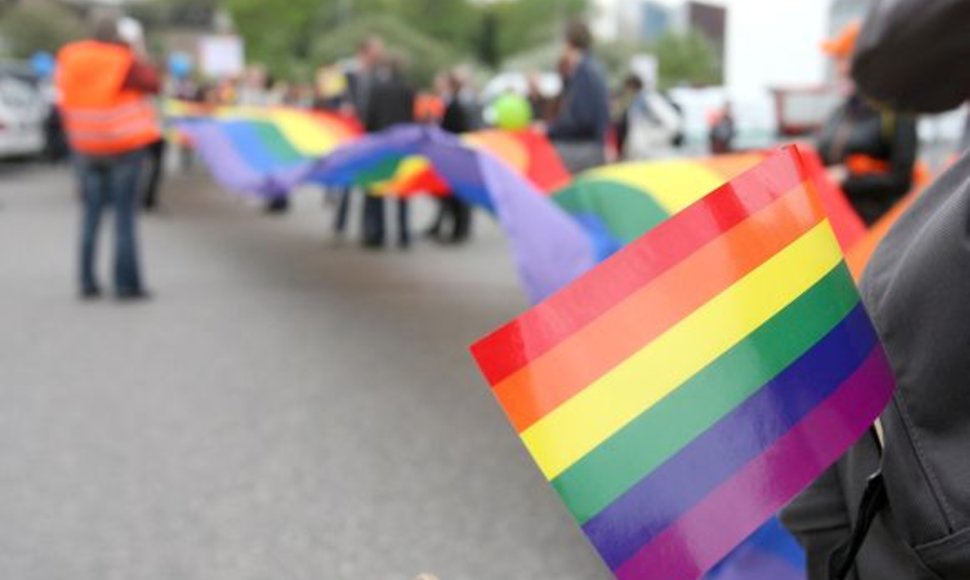The organizers of the March for Equality wanted to march through Gediminas Avenue on July 27. Instead, the event will take place on Upės Street.
The municipality statement says "the location has been proposed to the organizers due to a better opportunity to ensure security of march participants as well as the rights of other persons on the route proposed by the organizers."
"Besides, due to the Lithuanian EU Presidency, a lot of foreign guests will be visiting the city at the time. Many state institutions are situated in Gediminas Avenue where informal meetings could take place and guests could be taken on planned routes," the municipality said.
Upės Street was also the site for Lithuania's first gay pride in 2010.
Organizers consider going to court
After learning the decision, the organizers said they considered turning to court over the decision by the authorities to bar them from Gediminas Avenue.
"We are seriously considering appealing against this decision," Vladimir Siminko, leader of the Lithuanian Gay League, told BNS. He said he does not agree with the arguments that security could not be ensured in Gediminas Avenue during the march.
Simonko said the arguments, that holding the event in Gediminas Avenue would present security hazards, were unacceptable.
"Security can be ensured in Gediminas Avenue, just a little more measures will be needed," he said.
Simonko also rejected the municipality's arguments that the central street should be left open for Lithuania's EU presidency events.
Simonko said no major events are planned on Saturday, July 27.
"Foreign guests from the European Commission and the European Parliament will attend our event. Can you say why our guests are inferior to those presumed guests who will come someday or will not come at all?" Simonko said.
He claims that representatives of sexual minorities had wanted to march through Gediminas Avenue because it’s a symbolically important location, and adds that Vilnius authorities' decision might have been influenced by their homophobic stance.
"Nobody can prove me that Upės Street is as prestigious as Gediminas Avenue. Why did Vilnius Mayor Artūras Zuokas himself choose Gediminas Avenue and not Upės Street for his commercial video with a tank?" Simonko said, referring to the mayor's PR stunt several years ago.
"I can only guess that the bad thing is the homophobic stance and intolerance towards others. This is the moment when the homophobic stance materialized into tangible decisions. I can find many quotes from Mayor Zuokas's statements about gays. They reflect a certain attitude towards this group," he said.












